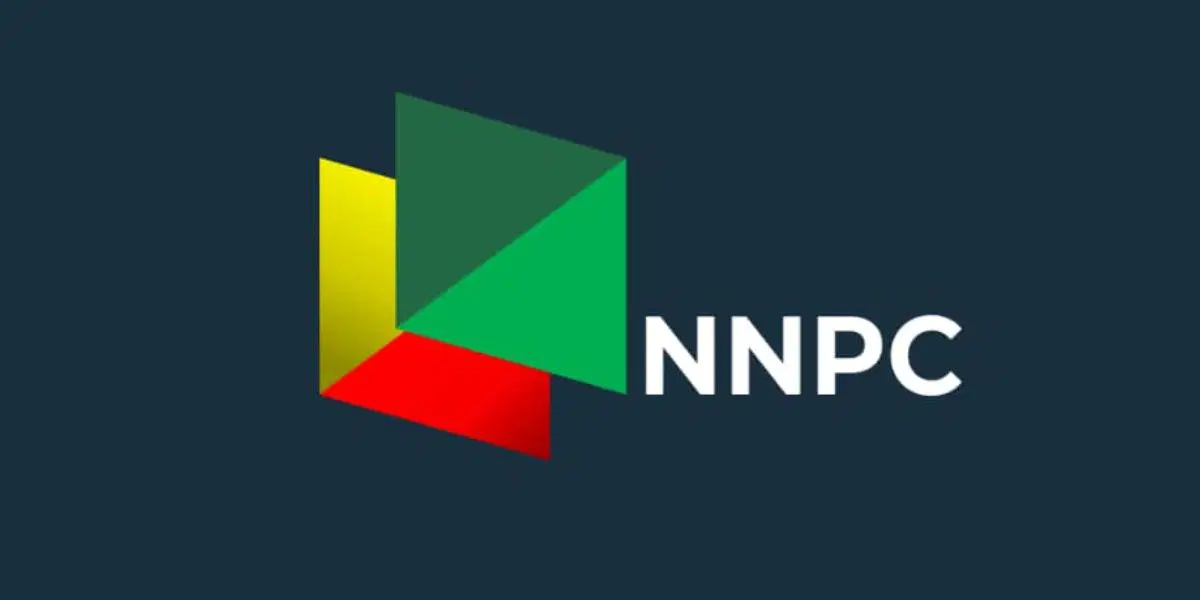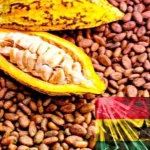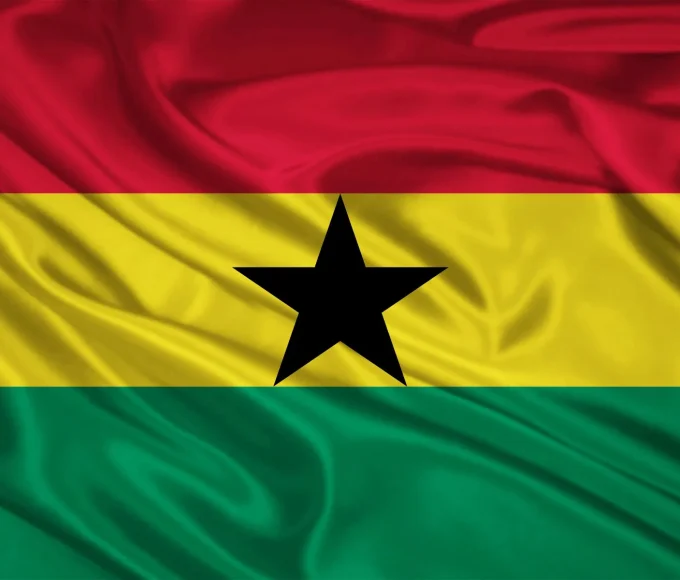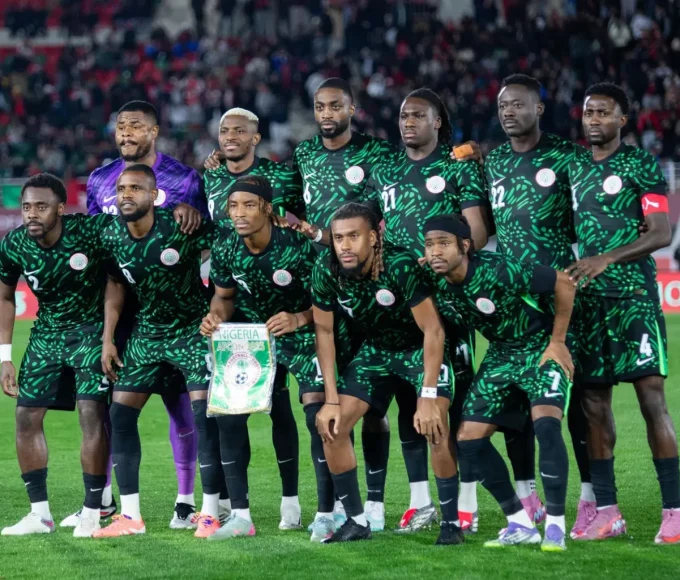
Nigeria Imported 71% of Petrol in May–June, Undermining Domestic Refinery Potential

Nigeria imported more than 71 per cent of its petrol in May and June 2025, despite the operational status of local refineries, including the $20 billion Dangote Refinery, according to data released by the Nigerian Midstream and Downstream Petroleum Regulatory Authority (NMDPRA).
The figures show that of the 3.25 billion litres of petrol supplied during the two months, 2.32 billion litres or 71.38 per cent, were sourced from foreign markets, while only 927 million litres were refined locally.
This development has raised concerns over the apparent preference of oil marketers for imported fuel, despite Nigeria’s recent push for domestic refining.
The data has led to a closer inspection of the commercial and regulatory environment surrounding Nigeria’s downstream oil sector. Marketers may be avoiding locally refined fuel due to pricing dynamics, foreign exchange advantages, and longstanding import contracts.
One major casualty of this trend appears to be the Dangote Refinery, which began supplying the local market earlier this year and was expected to reduce Nigeria’s reliance on foreign petroleum products.
Earlier this year, Aliko Dangote accused unnamed players in the oil sector of deliberately undermining his operations. He alleged that certain fuel importers, in collaboration with foreign partners, are flooding Nigeria with cheaper, lower-quality fuel, some of it reportedly blended in Malta, to push locally refined products out of the market.
Some individuals who, for a very, very long time, have made a lot of money from government-subsidised oil imports into Nigeria, were the ones trying to sabotage the 650,000 barrels per day oil refinery situated in Lekki, Lagos.” Dangote said
The Nigerian National Petroleum Company Limited (NNPC Ltd.) has denied any involvement in the alleged import schemes. The Group Chief Executive Officer, Mele Kyari, stated that neither the NNPC nor its subsidiaries own or operates any fuel blending plants abroad.
Similarly, oil trading firm Oando Plc, which was mentioned in online reports linking Nigerian companies to offshore activities, denied having any corporate ties to operations in Malta. It also dissociated itself from a Malta-registered entity known as Raz Hansir Oil Terminal Limited.
TheCable confirmed that Malta has become a major transit point for Nigerian petrol imports. In 2023 alone, Nigeria imported over $2.8 billion worth of fuel from the European island nation, raising questions about the quality and origin of these products.
Investigative reporting has also identified Matrix Energy, a major importer, as a significant recipient of Malta-linked shipments. The company’s CEO, Abdulkabir Aliu, serves on President Tinubu’s Presidential Economic Coordination Council, prompting calls for more transparency in the awarding of import licenses.
However, Matrix has denied all allegations of wrongdoing and threatened legal action over “false and damaging” claims.
The government has yet to issue a formal policy prioritising locally refined fuel over imports, despite Dangote Refinery’s readiness to meet a large share of domestic demand.
The continued reliance on imports is unsustainable, especially as the naira remains volatile and global oil prices fluctuate.
This is a policy failure as much as a market issue. Without strong incentives or mandates for local refining, importers will go where margins are highest.
As Nigeria pushes for economic reforms and energy security, the latest figures from NMDPRA raise critical questions about vested interests, regulatory enforcement, and the political will to reduce foreign fuel dependence.
Read More:
- Nigeria Rewards D’Tigress with $100,000 and New Apartments After Historic AfroBasket Win
- President Traoré Marks Burkina Faso’s 65th Independence Anniversary, Calls for Unity and Self-Determination
About The Author
Related Articles
MultiChoice Pumps GH¢200 Million Into Ghana’s Creative Industry
MultiChoice Ghana has invested more than GH¢200 million into the country’s creative...
ByWest Africa WeeklyMarch 5, 2026FIFA Confirms DR Congo Playoff Spot, Ending Nigeria’s World Cup Dream
Nigeria’s hopes of qualifying for the 2026 FIFA World Cup have come...
ByWest Africa WeeklyMarch 5, 2026Ghanaians to Travel to St Kitts and Nevis Without Visa
Ghanaian citizens will soon be able to travel to the Caribbean nation...
ByWest Africa WeeklyMarch 5, 2026Ghana Records Sharp Drop in Inflation, Lowest Since 2021
Ghana’s inflation rate dropped to 3.3 percent in February 2026, marking the...
ByWest Africa WeeklyMarch 5, 2026











Leave a comment